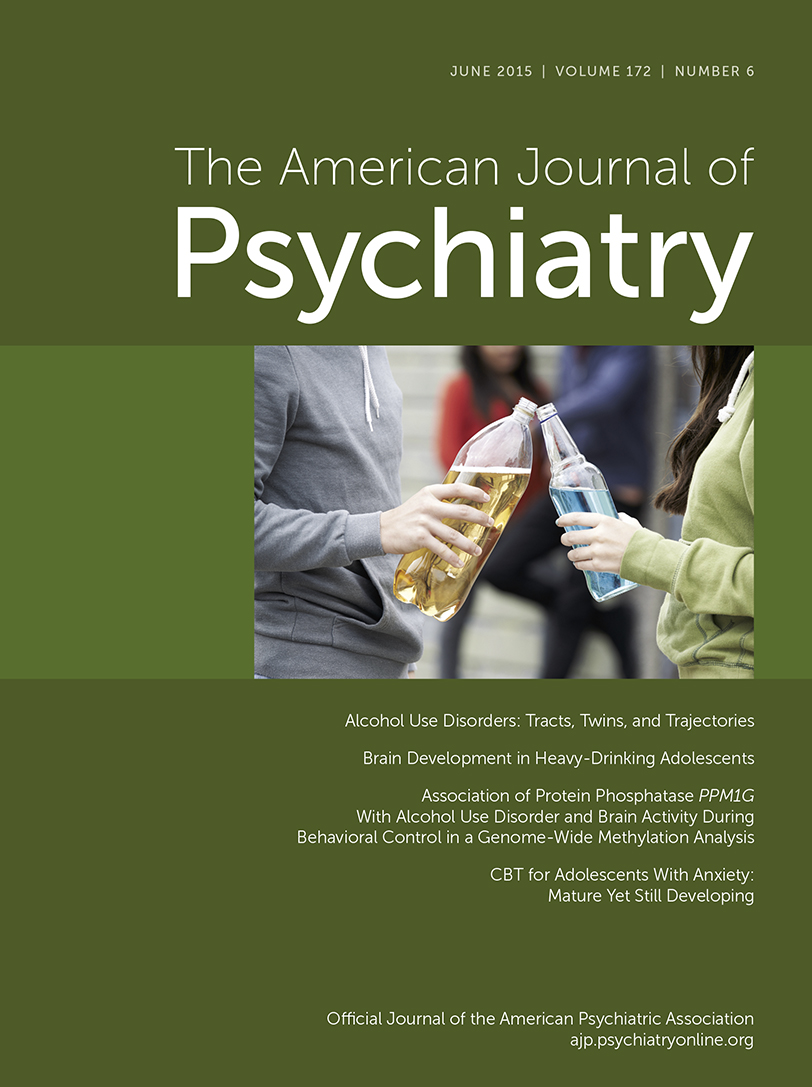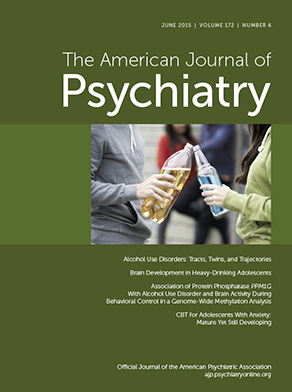To the Editor: Dr. Ostacher et al. raise important points regarding our study of the risk for treatment-emergent switch to mania when bipolar disorder patients are prescribed antidepressants. Their first point is with regard to the group receiving antidepressant monotherapy. They have noticed that the risk for switch was low in absolute terms. In fact, they argue that the number needed to harm is so high that there is no basis to suggest that antidepressants are unsafe to use in bipolar disorder. While we acknowledge that our study does not justify the conclusion that antidepressant monotherapy in bipolar disorder is generally unsafe—there might very well be patients with bipolar disorder in whom antidepressant monotherapy can be safely used—the number needed to harm that Dr. Ostacher et al. have calculated is not representative for the whole population of bipolar disorder patients. We namely show, in Table 4 of our article, that participants in the antidepressant monotherapy group were 6.5 times less likely to experience manic episodes than those in the group treated with a mood stabilizer prior to antidepressant treatment. This classic example of “confounding by indication” suggests that patients were on antidepressant monotherapy because they were considered less likely to experience manias in the first place. Second, because of limitations in register data, our study mainly captured severe manic episodes but lacked, for example, primary care data. If we would have been able to also capture milder episodes, the number needed to harm would have been lower. Third, study participants in the monotherapy group were censored if a mood stabilizer was dispensed after the antidepressant because it was unclear how it should be interpreted: it might signify the start of prophylactic treatment in a stable patient, but it could also reflect a measure taken when signs of mania surfaced. If we would have interpreted a mood stabilizer prescription during antidepressant treatment as a sign of treatment-emergent mania, the hazard ratio would have risen to 16.3 (95% confidence interval [CI]=7.2–37.2) in the 0- to 3-month period and to 11.7 (95% CI=5.1–26.9) in the 3- to 9-month period after the antidepressant prescription. These things considered, the number needed to harm is likely to be lower if an unselected group of patients with bipolar disorder would receive antidepressant monotherapy.
The authors’ second point is with regard to patients on mood stabilizers, in whom we actually found a decreased mania rate during antidepressant treatment. Dr. Ostacher et al. suggest that “confirmation bias” led us to deemphasize this finding because it contradicts conventional wisdom. We agree that we interpreted this finding cautiously. While we certainly find the idea that antidepressants together with a mood stabilizer might decrease the risk of mania interesting and worthy of follow-up, it is a new and unexpected finding that needs to be replicated before any firm conclusions can be drawn.
Dr. Ostacher et al. overlook the main finding in our study, which was that the two studied groups differed. While we found an increased rate of mania in the group treated with antidepressant monotherapy, we found no evidence of treatment-emergent mania when patients on mood stabilizer medication received antidepressant treatment (in fact, the mania rate decreased, as pointed out by Dr. Ostacher et al.). Hence, although our study provided evidence that some bipolar disorder patients switch to mania when treated with antidepressant monotherapy, the main point was that this risk can be countered by mood stabilizers. As to the question whether antidepressant use in bipolar disorder on balance is beneficial or harmful, we concur with Dr. Ostacher et al. that it remains uncertain.

